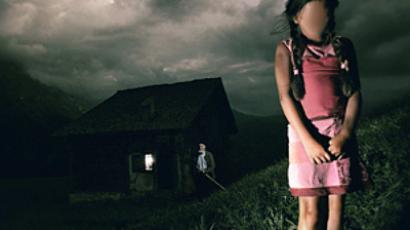Help the poor, save the planet
Brazil has turned a corner in helping its millions of poverty-stricken rural families. In what’s been seen as one of the world’s most-successful social programs, welfare benefits now let their children go to school.
Despite the economic crisis Brazil’s most impoverished communities are on the up. The emerging economy’s large number of welfare programs targeting the poor is among the most extensive in the world.
Half the nation’s subsidies go to small rural towns. For example, the “Bolsa Familia” project helps people like Brazilian farmer Mariano Da Silva from Pernambuco.
“Bolsa Familia is very important because it allows me to send my kids to school,” says Mariano Da Silva.
He can buy shoes, clothes, and books – things that are a luxury to many Brazilians. Some parents need their children to work in order to feed their family.
“Some families are so poor that going to school means sacrificing the little money they can collect on the street. Social programs like Bolsa Familia allow them to receive aid if children go to school,” Mirian Machado, social worker from Rio de Janeiro.
Bolsa Familia kills two birds with one stone – it helps to reduce current poverty and gets families to invest in their children. In doing so the social program breaks the cycle of poverty being passed from generation to generation.
And it seems Bolsa Familia is not only helping poor families, it also has another side benefit.
Brazil is one of the few developing economies in the world actively trying to go green, and Mariano is one of the farmer’s reaping the rewards of social program helping him protect the planet.
Several years ago, the Da Silva Family farm went completely organic and their profits went up 50%. They are now not only making more money and protecting the environment, but also living healthier themselves.
Poor African countries have begun making trips to Brazil to learn from the best, receiving lessons on how to make welfare programs work and get successful results.
“We received several classes from an NGO and I got a degree in organic farming and began converting my own farm,” says Mariano.
Now, other countries are looking to Brazil as an example of how to reduce poverty, keep kids in school, improve healthcare and protect the environment, all amidst the global crisis.













